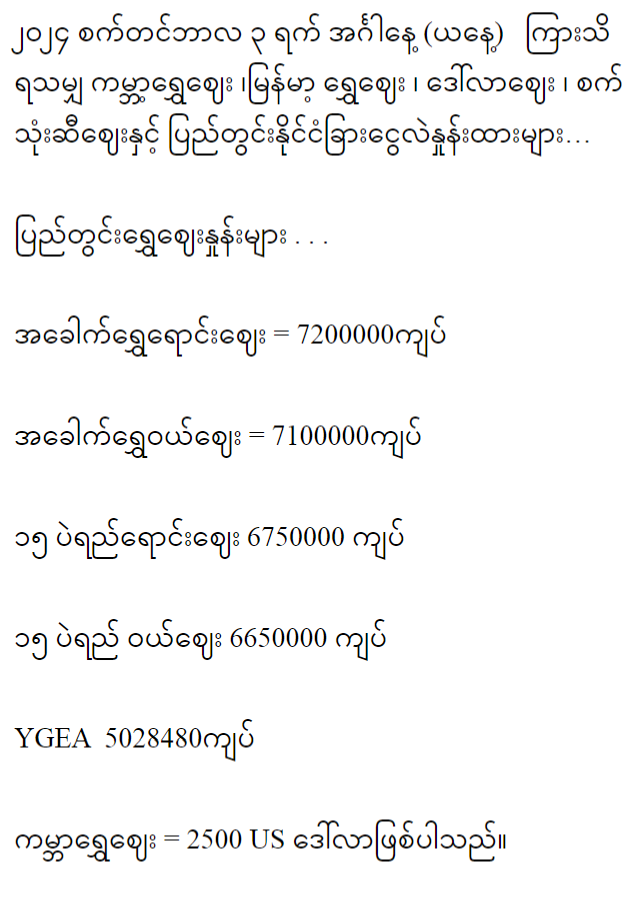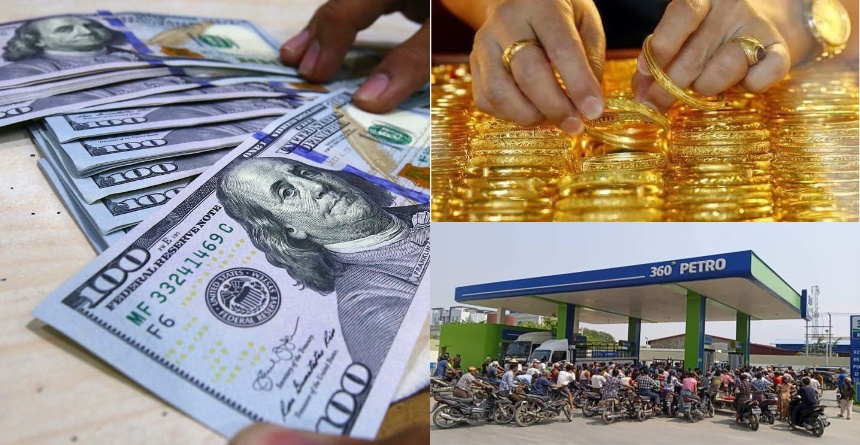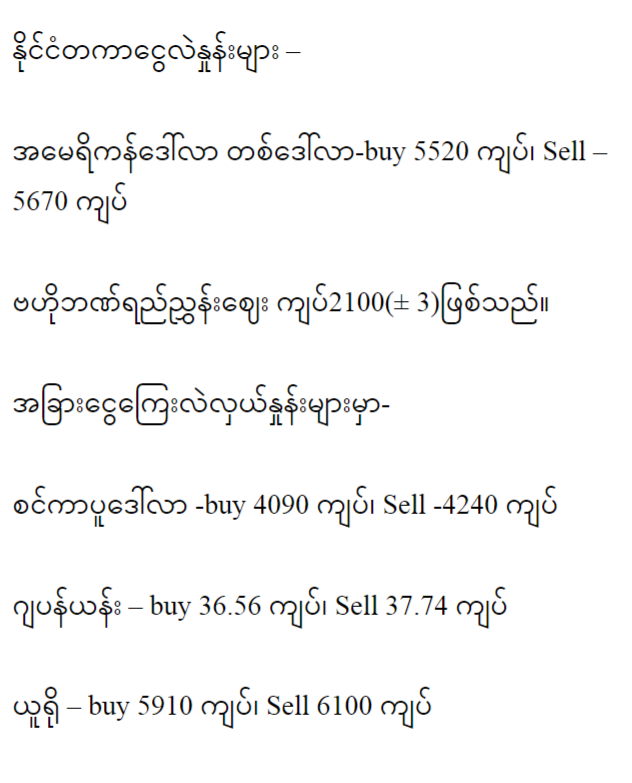





In the world of blockchain technology, smart contracts have surfaced as a revolutionary invention, enabling the development of decentralized operations( dApps) that operate without the need for interposers. As the backbone of decentralized operations, smart contracts are transubstantiating diligence by furnishing a secure, transparent, and effective way to execute agreements and deals. This blog post explores the conception of smart contracts, their part in dApps, and how they’re reshaping the future of colorful sectors.
What Are Smart Contracts?
Smart contracts are tone- executing contracts with the terms of the agreement directly written into law. They run on blockchain networks, similar as Ethereum, and automatically apply and execute the terms of an agreement when destined conditions are met. Because smart contracts operate on a decentralized network, they’re tamper- evidence, transparent, and do n’t bear interposers like banks, attorneys, or other third parties to apply the contract.
The conception of smart contracts was first proposed by computer scientist and cryptographer Nick Szabo in the 1990s, but it was not until the arrival of blockchain technology that they came a reality. moment, smart contracts are a abecedarian element of decentralized operations, enabling a wide range of use cases across diligence.
How Smart Contracts Work
Smart contracts operate grounded on a simple principle” If X happens, also Y will do.” These contracts are written in law, stored on a blockchain, and executed by the network’s bumps. Then is a introductory overview of how they work
Law and Conditions The terms of the contract are enciphered into the smart contract. These terms can include conditions, rules, and conduct that need to be fulfilled for the contract to execute. For illustration, a smart contract for a rental agreement might state that the renter’s deposit will be released to the landlord once the rental period ends.
Deployment on the Blockchain Once the smart contract is created, it’s stationed on the blockchain, where it’s stored in a decentralized and inflexible tally. This means that the contract can not be altered or tampered with formerly it’s live.
Prosecution When the conditions of the contract are met, the smart contract automatically executes the specified conduct. This could involve transferring cryptocurrency from one party to another, issuing a digital asset, or streamlining a record on the blockchain.
Translucency and Trust Because the smart contract is stored on the blockchain, all parties involved can see the contract’s law and conditions. This translucency helps make trust, as everyone knows that the contract will execute exactly as written without any possibility of manipulation.
The part of Smart Contracts in Decentralized operations( dApps)
Decentralized operations( dApps) are software operations that run on a blockchain network rather than a centralized garçon. Unlike traditional operations, dApps are n’t controlled by a single reality, and their functionality is frequently governed by smart contracts. This decentralized nature provides several crucial advantages, including enhanced security, translucency, and stoner control.
Smart contracts are the backbone of dApps, enabling a wide range of functions and services without the need for interposers. Then are a many ways in which smart contracts are used in decentralized operations
Automated Deals
In fiscal dApps, smart contracts enable automated and unsure deals between druggies. For illustration, decentralized exchanges( DEXs) like Uniswap use smart contracts to grease peer- to- peer trading of cryptocurrencies without the need for a centralized exchange. These smart contracts handle everything from matching orders to executing trades and distributing freights.
Decentralized Finance( DeFi)
Smart contracts are the foundation of the decentralized finance( DeFi) ecosystem. DeFi platforms offer services similar as lending, borrowing, yield husbandry, and asset operation all powered by smart contracts. These contracts automate fiscal processes, reduce the need for interposers, and give druggies with lesser control over their means.
Digital Identity
Decentralized identity platforms use smart contracts to produce and manage digital individualities. These individualities are stored on the blockchain and can be used for colorful purposes, similar as vindicating credentials, penetrating services, and subscribing documents. Smart contracts insure that identity data is secure, private, and empirical without counting on centralized authorities.
Supply Chain Management
In force chain dApps, smart contracts are used to track the movement of goods and corroborate the authenticity of products. For illustration, a smart contract can automatically spark a payment to a supplier once a payload is verified to have reached its destination. This translucency and robotization help reduce fraud and ameliorate effectiveness in force chain operations.
Gaming and NFTs
In the gaming assiduity, smart contracts are used to produce and manage in- game means, similar asnon-fungible commemoratives( NFTs). These contracts govern the power, transfer, and use of digital means within the game. Players can trade, vend, or use these means across different platforms, all thanks to the interoperability and translucency handed by smart contracts.
Benefits of Smart Contracts
Smart contracts offer several crucial benefits that make them an seductive option for businesses and inventors
Effectiveness
Smart contracts automate processes that would else bear homemade intervention, reducing the time and cost associated with executing agreements. By barring interposers, smart contracts streamline operations and enable briskly deals.
Security
Smart contracts are stored on a blockchain, which is innately secure and resistant to hacking. The decentralized nature of the blockchain ensures that no single point of failure exists, and the use of cryptographic ways protects the integrity of the contract.
Translucency
The terms of a smart contract are visible to all parties involved, furnishing complete translucency. This openness helps make trust, as everyone knows that the contract will execute as written, without any retired clauses or unanticipated changes.
Invariability
Once a smart contract is stationed on the blockchain, it can not be altered or tampered with. This invariability ensures that the contract’s terms are executed as intended, without the threat of fraud or manipulation.
Cost Savings
By removing the need for interposers, smart contracts can significantly reduce sale costs. For illustration, in fiscal services, smart contracts can exclude the freights associated with traditional banking and legal processes, leading to cost savings for both businesses and consumers.
Challenges and Limitations of Smart Contracts
Despite their numerous advantages, smart contracts are n’t without challenges and limitations
Complexity
Writing and planting smart contracts bear technical knowledge of programming languages like reliability( for Ethereum). crimes or bugs in the law can lead to unintended consequences, similar as loss of finances or security vulnerabilities.
Legal Recognition
The legal status of smart contracts is still evolving, and not all authorities fete them as fairly binding agreements. This lack of legal clarity can produce misgivings in some use cases, particularly in diligence that calculate on nonsupervisory oversight.
Scalability
The performance of smart contracts can be affected by the underpinning blockchain’s scalability. For illustration, high network traffic on Ethereum can lead to slow sale times and increased freights, making it less practical for certain operations.
Interoperability
Smart contracts on different blockchains may not be fluently interoperable, limiting their capability to work across multiple platforms. sweats are being made to ameliorate interoperability, but it remains a challenge for the wide relinquishment of smart contracts.
The Future of Smart Contracts and dApps
As blockchain technology continues to evolve, the future of smart contracts and decentralized operations looks promising. inventions in areas similar as subcaste 2 scaling results,cross-chain interoperability, and sequestration advancements are anticipated to address some of the current limitations and unleash new possibilities for smart contracts.
In the coming times, we can anticipate to see smart contracts being used in an indeed wider range of diligence, from real estate and healthcare to entertainment and governance. As further businesses and inventors fete the eventuality of smart contracts, their relinquishment will probably accelerate, leading to the development of further sophisticated and stoner-friendly dApps.
Conclusion
Smart contracts are the backbone of decentralized operations, enabling a new period of unsure, transparent, and effective digital relations. By automating processes, enhancing security, and reducing costs, smart contracts are transubstantiating diligence and paving the way for a more decentralized and indifferent digital frugality. While challenges remain, the eventuality of smart contracts to revise the way we conduct business and manage agreements is immense. As the technology matures, we can anticipate to see indeed lesser invention and relinquishment in the times to come.